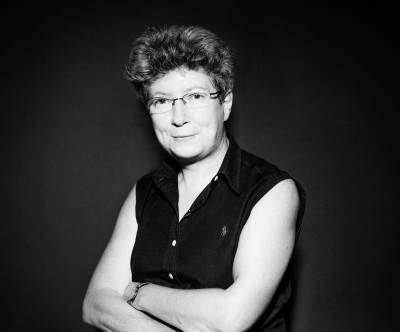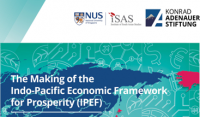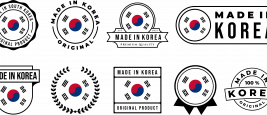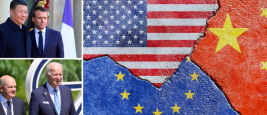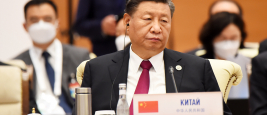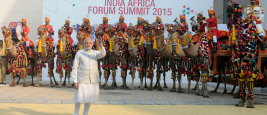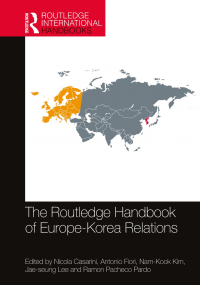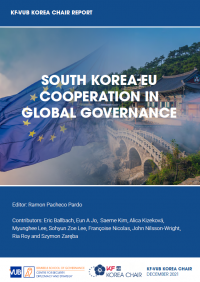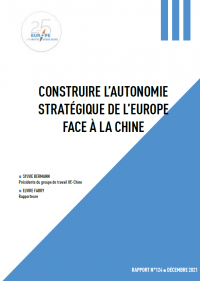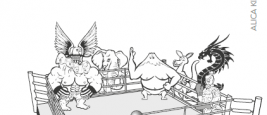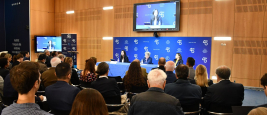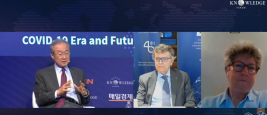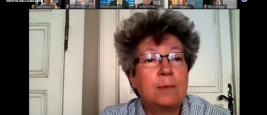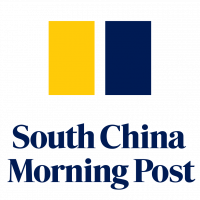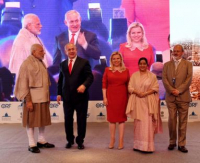
Françoise NICOLAS
Senior Advisor, Center for Asian Studies
Research Interests:
- Emerging economies, with a focus on East Asia
- East Asian regional economic integration
- Foreign direct investment and growth
- Globalization and its impacts on global governance
Françoise Nicolas joined Ifri as a Resarch Fellow in1990 and was later the Director of the Center for Asian Studies until February 2024. She is now Senior Advisor to the Center for Asian Studies while she also teaches at Langues' O, Sciences Po Paris (Europe-Asia programme, Le Havre campus) and Sciences Po (Lyon) and is a consultant to the Directorate for Financial, Fiscal and Enterprise Affairs of the OECD (DAF) focusing on Southeast Asian non-member countries. In the past she was an assistant Professor in international economics at the University of Paris-Est (Marne-la-Vallée) from 1993 to 2016, and taught at the Graduate Institute of International Studies (GIIS, Geneva – 1987-90), at the Ecole Nationale des Ponts et Chaussées (1991-95), as well as at the HEC School of Management (2000-02).
Françoise Nicolas holds a Ph.D in international economics (1991) and a MA in political science (1985) from the Graduate Institute of International Studies (Geneva, Switzerland), as well as a diploma in translation from the University of Geneva (1980). She has also studied at the University of Sussex (1980-81) and has spent some time as a visiting fellow at the Institute of Southeast Asian Studies (ISEAS) in Singapore (1999) and at the Korea Institute for International Economic Policy (KIEP) in Seoul (2004).
This piece is a revised version of a paper presented at the conference on “New Convergences in EU-ROK Economic Security Relations”, organised in Rome on 30 January 2024 by the Istituto Affari Internazionali (IAI).
The paper provides a European Union (EU) perspective on the Indo-Pacific Economic Framework (IPEF).
Despite all the talks about the reshuffling of value-chains and the trend to a form of industrial “Desinicization” (or decoupling/disengagement from China), the example of South Korea does not vindicate such assertions.
As French President Emmanuel Macron (accompanied by Ursula von der Leyen) is on a state visit to China, some twenty Ifri researchers decipher the stakes of the U.S./China/Europe strategic triangle.
As the 20th national congress of the Chinese Communist Party (CCP) draws closer, this is an opportune moment to appraise China’s economic achievements over the past decade under President Xi Jinping’s guidance and to identify the challenges the country will have to address during the next five...
Due to historical as well as geographical reasons, India and East Africa have long been close partners. In the recent period however, and even more so since the early 2000s, these ties have tightened as a result of combined efforts by the government of India and its business community. <...>
Despite their difference in size, Korea and the EU have developed over time a strong and deep relation through direct investment flows. Germany dominates the relationship, but there remains ample room for the other EU member-states to further develop their relations with Korea.
Françoise Nicolas contributed the chapter on trade, providing more insights into the opportunities and challenges South Korea and the EU need to address to revive the rules-based multilateral trading system.
As the world’s center of gravity has shifted to Asia, the European Union must also be present in the region. In particular, it must develop its relations with Asian countries that have long been neglected to the sole benefit of China -- namely India, but above all the countries of Southeast...
While it has long been reluctant to engage in institution-based regional economic integration, East Asia is now home to two mega trade deals: the Comprehensive and Progressive Agreement for Trans-Pacific Partnership (CPTPP) and the Regional Comprehensive Economic Partnership (RCEP).
Europe has been almost entirely dependent on China for critical minerals for years, but a newly unearthed million-tonne deposit in Sweden could help reduce that reliance
Annual conference of Ifri's Center for Asian Studies. The war in Ukraine has marked the return of high-intensity conflict in Europe and represents a profound, structural shift in the region’s strategic environment. It also takes place against a backdrop of a decades-long...
Six weeks after a coup the military repression is escalating with human rights activists saying ‘crimes against humanity’ are likely being committed. Foreign Editor David Pratt examines a brutal crackdown by an army with form in committing atrocities
Foreign investors flocked to Myanmar as it began its democratic transition a decade ago, but this week's military coup is likely to accelerate a trend of Western withdrawal -- and China's expansion.
The race to fill a role at the heart of world economic policy making is turning into a new battleground for the future of globalization.
Thierry de Montbrial, Ifri's executive chairman, et Françoise Nicolas, director of Ifri's Center for Asian Studies, talked about the global order in a post-COVID-19 world at a videoconference on July 15th ahead of the World Knowledge Forum organized by Maeil Business Newspaper.<...>
At the start of the pandemic, Europe and China helped one other. Then the mood changed.
Françoise Nicolas, director of Ifri's Asian Studies Center, spoke during a webseminar on European integration and China-Europe cooperation, organized by Chinese think tank CCG.
With the United States gripped by a domestic struggle with Covid-19, China appears to have stepped into its shoes as a global provider.
If India has long been perceived, and rightly so, as a reluctant player in international affairs, but that perception is quickly coming to an end. Indeed, by organizing a major international forum, the Raisina Dialogue, for the third year in a row, Delhi is signaling that it is now seeking to...



